
“The most powerful thing you can do right now is be patient while things are unfolding for you.” ~Idil Ahmed⠀
I still remember my last year of college vividly. I was frustrated and disheartened after my application to study abroad was rejected. I had been obsessed with exploring the world through academia, convinced that further study was the best way to achieve my dream.
While most of my peers were preparing to enter the workforce, I envisioned a different path for myself—one that involved research, intellectual growth, and ultimately a career in academia.
However, there was one major obstacle: my English proficiency. Since English is not my native language, I struggled to meet the minimum IELTS score required for my application. My first attempt was a disaster. I scored poorly in the speaking part and barely passed the writing section. I never expected it to be this difficult.
The test was expensive, making it impractical to retake the test multiple times without the confidence of passing it. I felt trapped. If I failed again, I had no backup plan—I had not applied for any jobs, fully investing myself in the dream of studying abroad. The dilemma weighed heavily on me: Should I continue pushing myself to pass the test and secure a scholarship, or abandon my dream and focus on competing in the job market?
Both options felt like dead ends. I was not good enough to pass the test, nor was I prepared to compete for jobs.
In my frustration, I sought consolation in books. I read some spiritual books in hope of finding peace. That was when I encountered Rumi’s quote, which he quotes from his mentor: “When I run after what I think I want, my days are a furnace of distress and anxiety. If I sit in my own place of patience, what I need flows to me, without pain.”
The words struck me deeply. I realized that I had been fixated on a single path, convinced it was the only way to reach my goal. I had never considered any other alternatives.
I have been a fan of Rumi since high school. When I entered college, I found even more of his works that resonated with me. During this time, I also became interested in spiritualism and self-awareness. That is also when I started practicing meditation as part of martial arts training.
I decided to take Rumi’s wisdom to heart. Instead of obsessing over the problem, I stopped forcing a solution and, for the first time, embraced stillness.
It felt unproductive at first, but gradually, I began to understand something: If I was not ready for my dream at that moment, then perhaps it was not meant to happen yet. I accepted that progress would not come instantly and that my journey was not over just because I had hit a roadblock.
Stillness reduced my anxiety and my self-deprecation at least. It restored the feeling that I was alright, and the sky was still above me. Amidst this realization, a friend from high school called me. She asked if I had graduated, and when I said yes, she mentioned a vacant teaching assistant position at her school.
I sat up straight. I had a degree in education, so yes, teaching is my forte. More importantly, this particular school is an international school where most of the students and the teachers are expatriates.
I did not fully understand it at the time, but I felt that this was exactly what Rumi means by “what I need flows to me, without pain.” So I said yes without hesitation.
Long story short, I got the job. As a teaching assistant, I basically helped the main teacher to prepare the learning material and assisted the students with their work. The environment immersed me in English—I spoke it all day, read documents, read books, and wrote reports in English, improving my English significantly.
Eight months after I started working at that school, I retook the test. I felt truly confident. The anxiety was gone, and I knew I would at least meet the minimum score. The test was, as Rumi promised, painless. I did not achieve the perfect score, but it was more than enough. I felt relieved, and I knew that the biggest obstacle had been eliminated.
The test I took was just the beginning of my journey to studying abroad. I completed all the required administrative processes and secured a spot at my desired university just three months after the test. I was also accepted into a scholarship program, so within a year of my initial uncertainty about my future, I experienced a joy that I had never imagined before. Everything fell into place, and I realized it was meant to happen at that time.
Patience, I realized, is the best cure for anxiety. Yet, most of us—including me at that time—struggle with it. The urge to take control and rush toward our goals is overwhelming. We are always taught to push, to strive, to achieve. Surrender and waiting are never part of the curriculum.
I now believe that while ambition is important, relentless pursuit is not always the answer. Patience is not about giving up; it is the ability to wait while still focusing on the target. I think it is similar to a lion when it hunts its prey. The lion remains still, observing, waiting for the perfect moment to strike. A predator understands that patience is the key to success.
So patience is not passive. It is an active projection of trust and readiness. Through this particular experience, I started to understand the differences between stillness and doing nothing.
When I relax and allow myself to slow down, an alternative path emerges. What I once considered a detour—getting a job—ended up being the very thing that helped me to reach my goal. By not chasing my dream directly but rather waiting patiently while doing something else, I ultimately found my way.
Now, whenever I am in pursuit of something, I remind myself to pause. I take a step back, observe, and ensure that the odds are not stacked against me. If they are, I wait patiently and explore other possibilities. Because sometimes, the best way forward is to stand still.
About Gelar Riksa
Gelar Riksa is an Indonesian-based writer who makes a living by working for an EdTech company. She loves books, meditation, sports, and storytelling. She loves to write about mindfulness, self-discovery, and living a simple life.
https://cdn.tinybuddha.com/wp-content/uploads/2025/04/Woman-and-clouds.png
2025-04-23 14:31:05

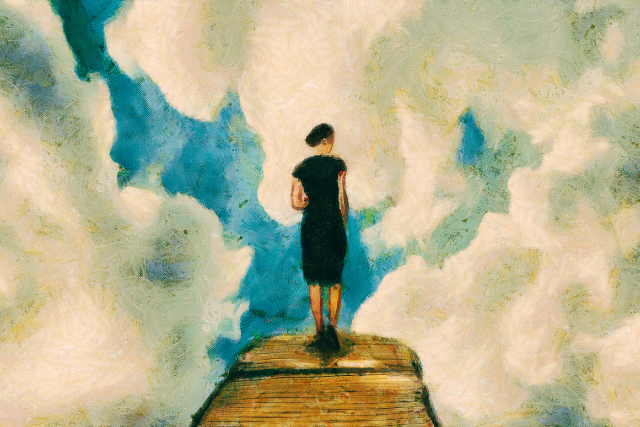

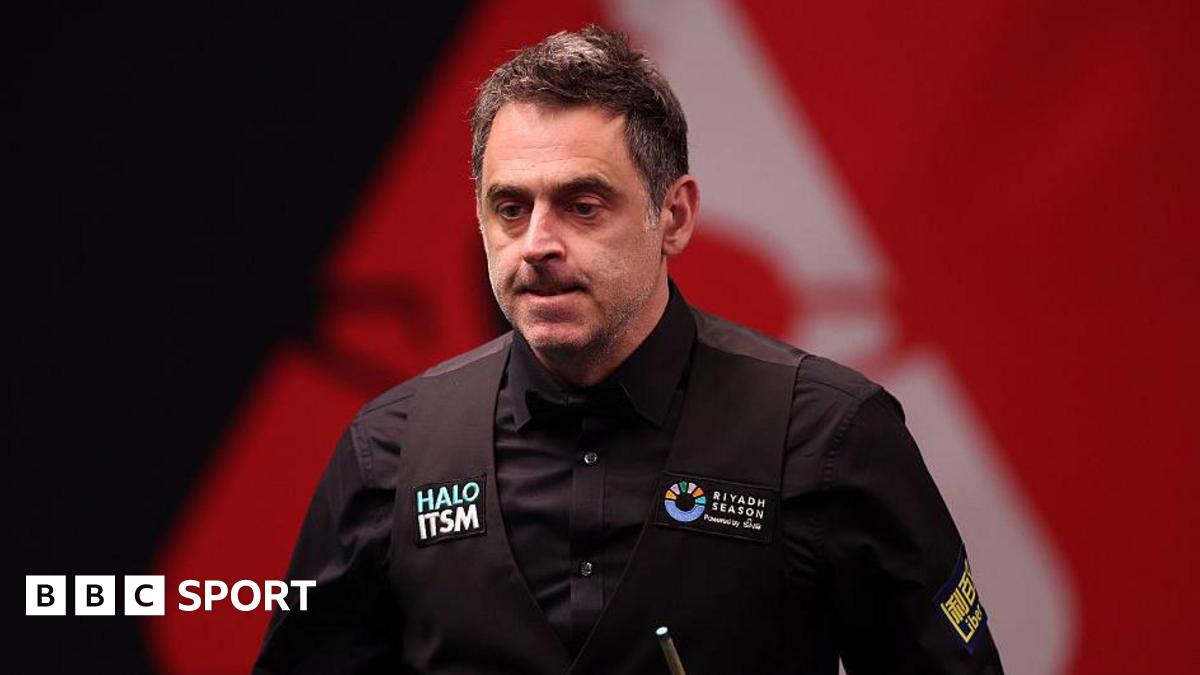
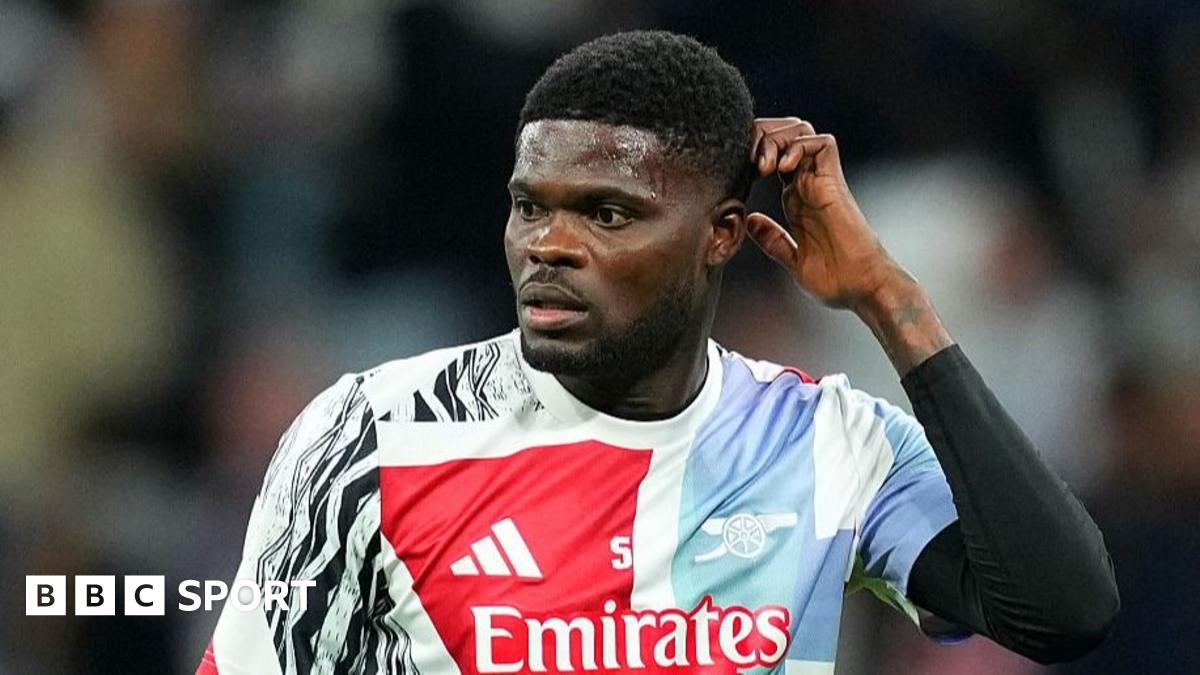

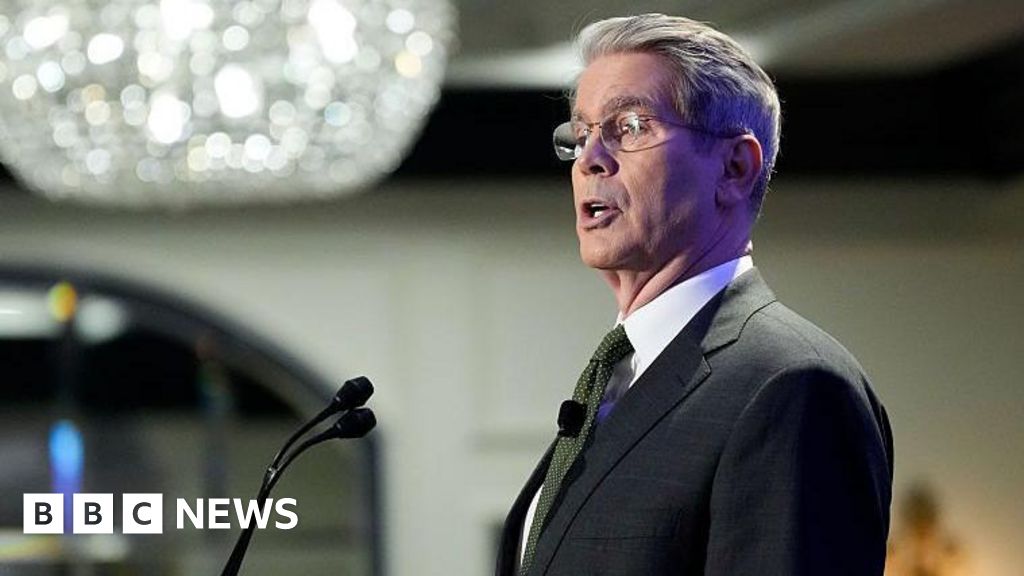





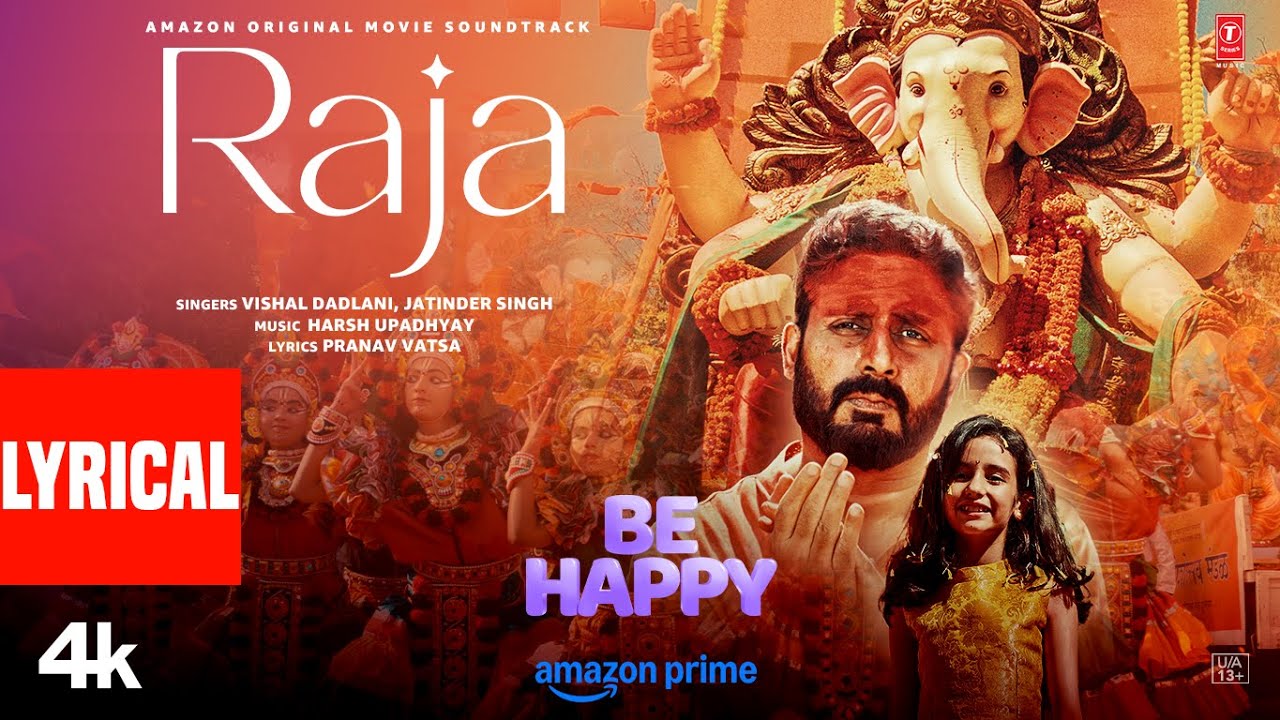
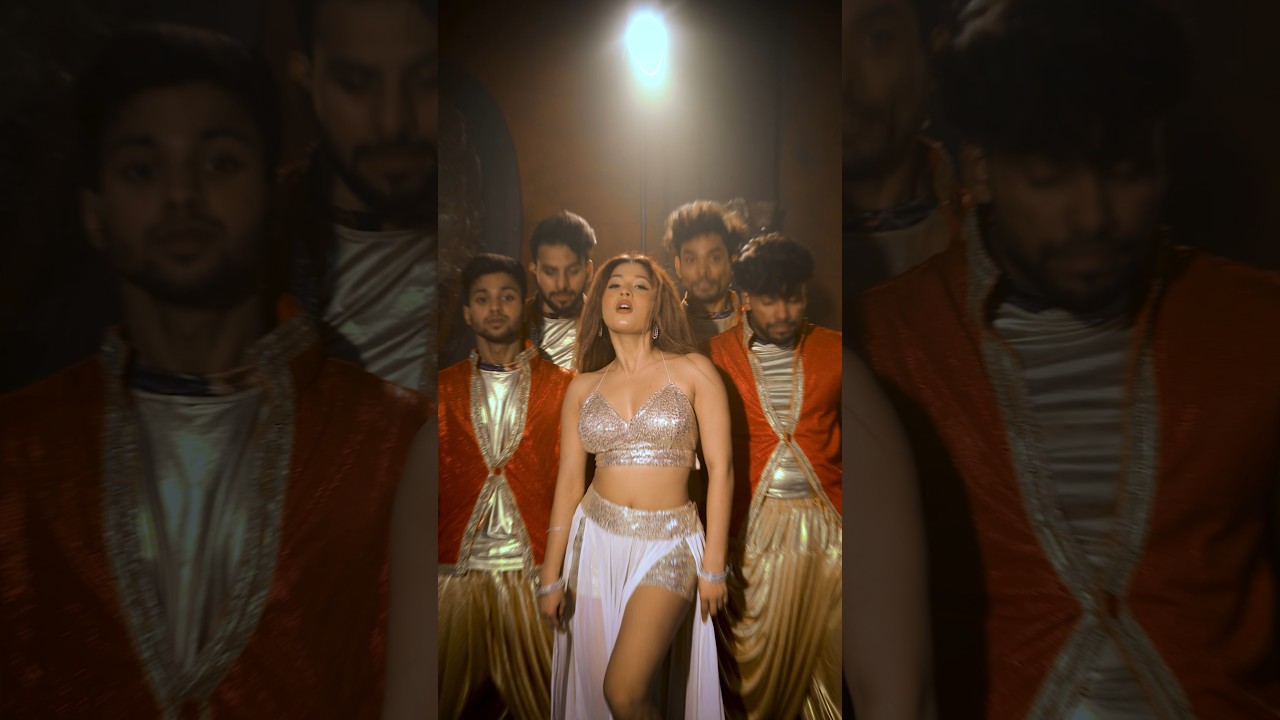


Leave a Reply